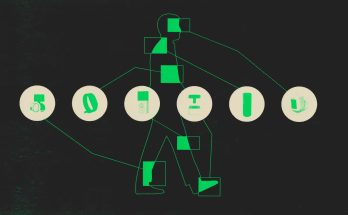“Europe is adopting stricter rules on surveillance tech”
MIT Technology Review, November 9, 2020
Computing
by Patrick Howell O’Neill
“The goal is to make sales of technologies like spyware and facial recognition more transparent in Europe first, and then worldwide.”
The European Union has agreed to stricter rules on the sale and export of cyber-surveillance technologies like facial recognition and spyware. After years of negotiations, the new regulation will be announced today in Brussels. Details of the plan were reported in Politico last month.
The regulation requires companies to get a government license to sell technology with military applications; calls for more due diligence on such sales to assess the possible human rights risks; and requires governments to publicly share details of the licenses they grant. These sales are typically cloaked in secrecy, meaning that multibillion-dollar technology is bought and sold with little public scrutiny.
“Today is a win for human rights globally, and we set an important precedent for other democracies to follow suit,” said Markéta Gregorová, a member of the European Parliament who was one of the lead negotiators on the new rules, in a statement. “The world’s authoritarian regimes will not be able to secretly get their hands on European cyber-surveillance anymore.”
Human rights groups have long urged Europe to reform and strengthen the rules on surveillance technology. European-made surveillance tools were used by authoritarian regimes during the 2011 Arab Spring and continue to be sold to dictatorships and democracies around the world today; news headlines and political pressure have had little noticeable impact.
The main thing the new regulation achieves, according to its backers, is more transparency. Governments must either disclose the destination, items, value, and licensing decisions for cyber-surveillance exports or make public the decision not to disclose those details. The goal is to make it easier to publicly shame governments that sell surveillance tools to dictatorships.
About the Author:
Patrick Howell O’Neill is the cybersecurity senior editor for MIT Technology Review. He covers national security, election security and integrity, geopolitics, and personal security: How is cyber changing the world? Before joining the publication, he worked at the Aspen Institute and CyberScoop covering cybersecurity from Silicon Valley and Washington DC.






